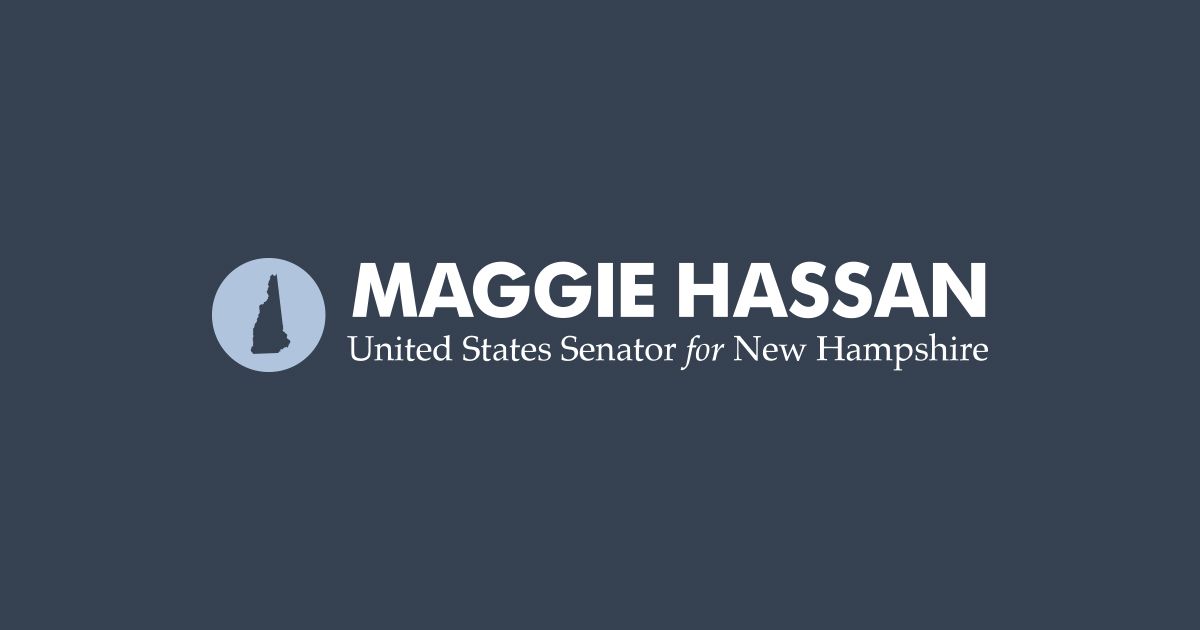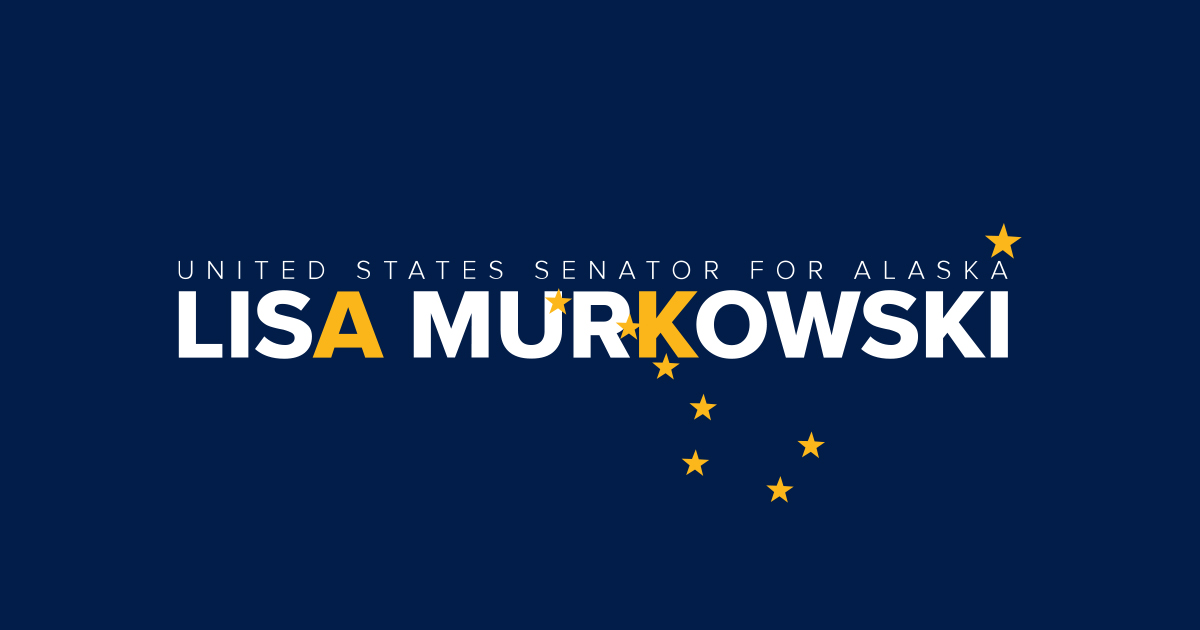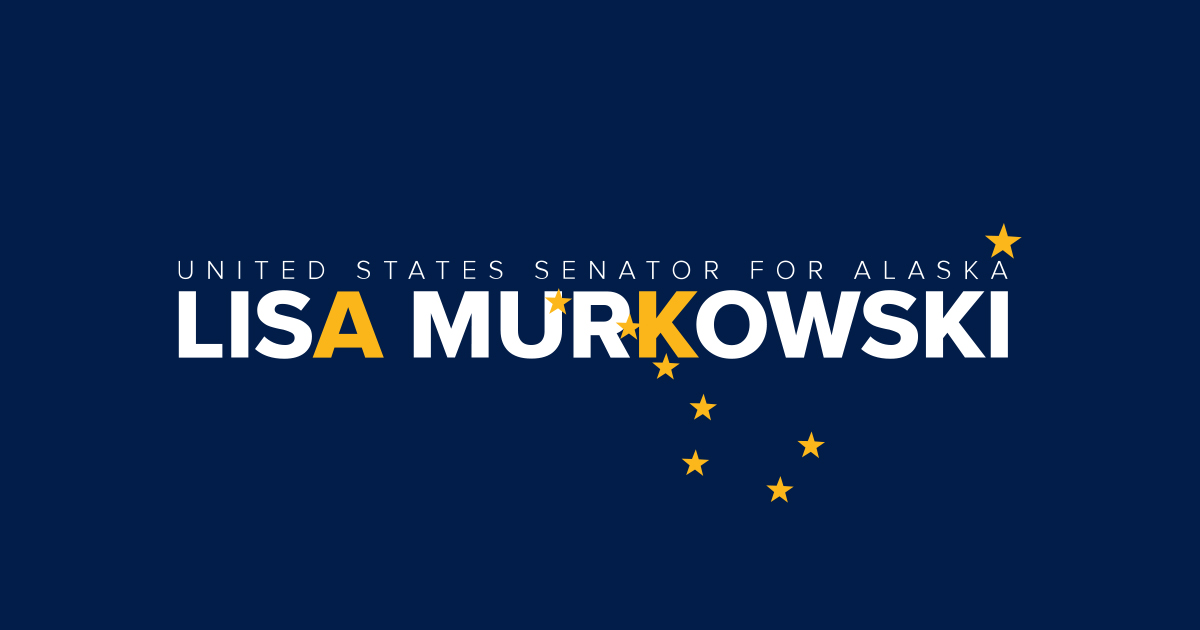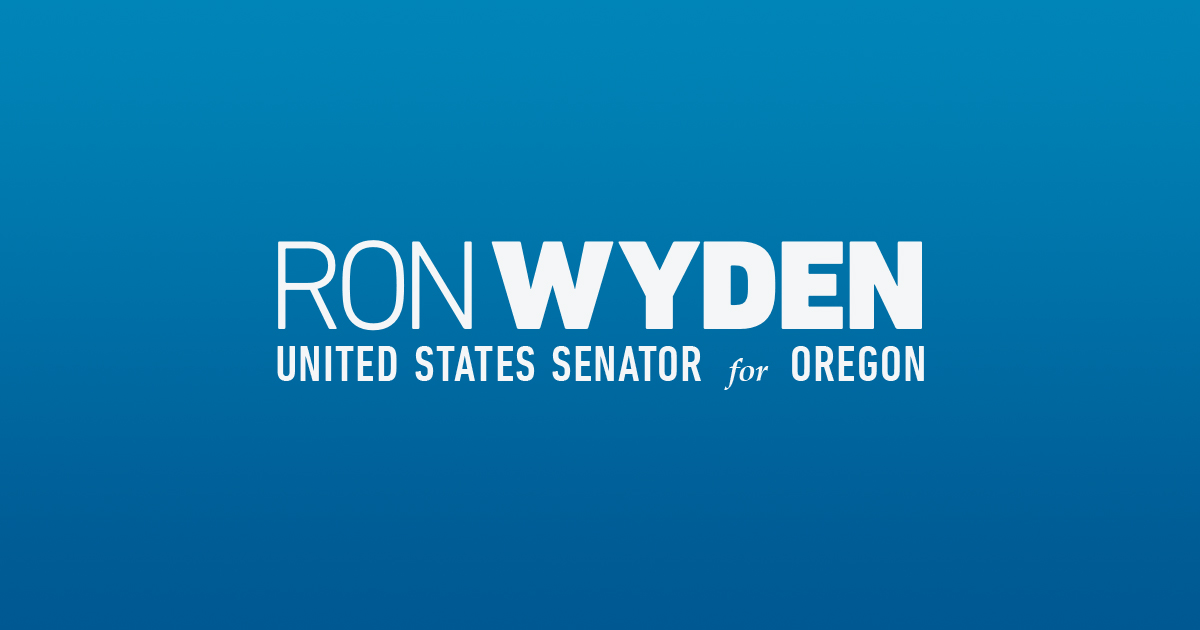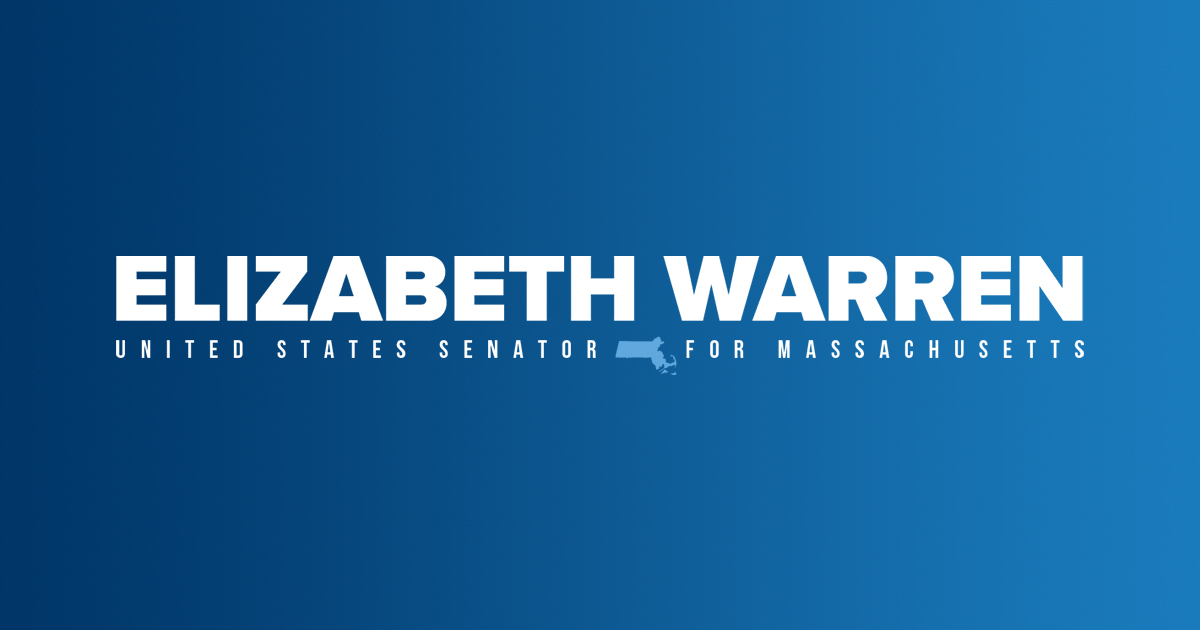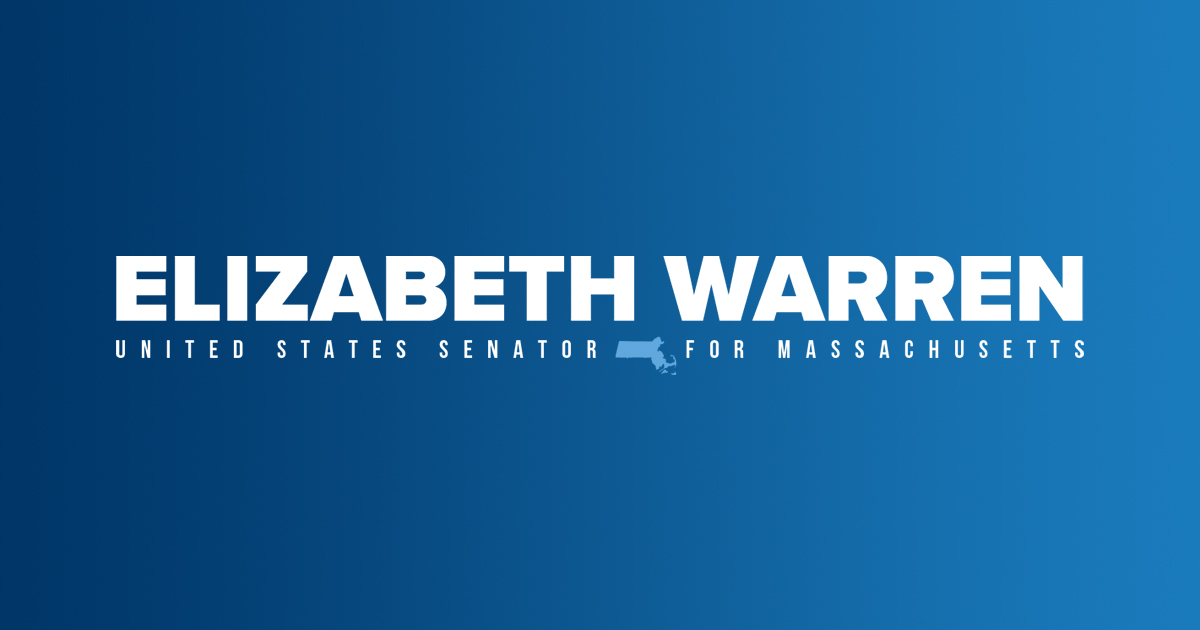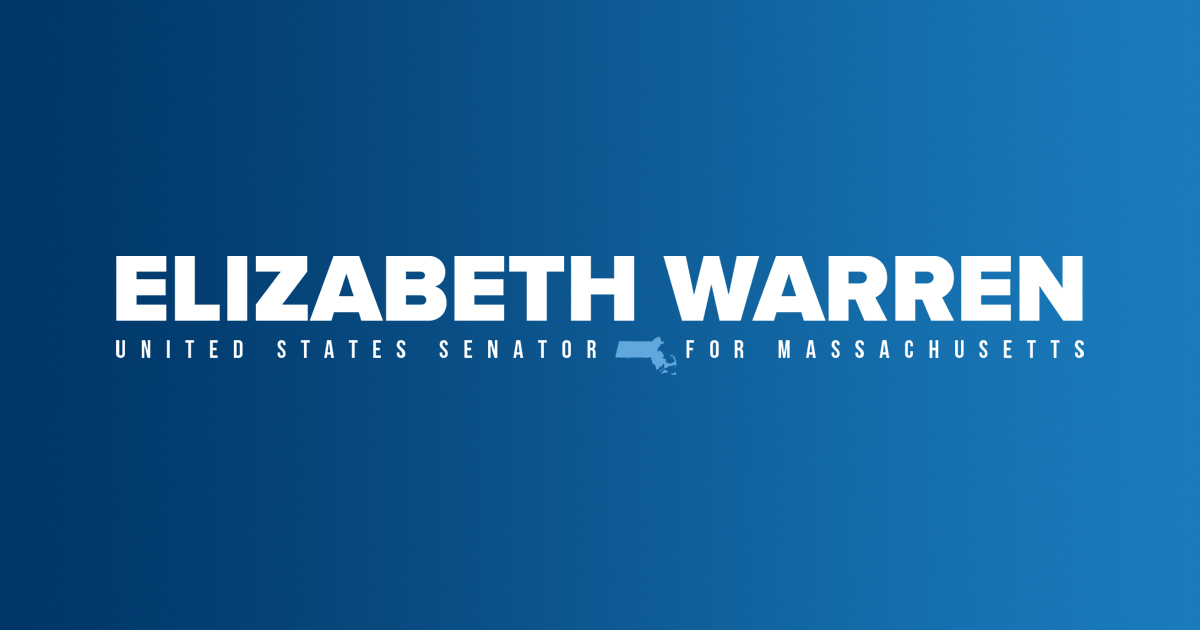Source: United States Senator for Massachusetts – Elizabeth Warren
June 10, 2021
“The time for delays, and half measures, and equivocating, and industry-friendly legislating is over”
Video of Hearing Exchange (Youtube)
Washington, DC – At today’s Senate Finance Committee, United States Senator Elizabeth Warren (D-Mass.) questioned U.S. Department of Health and Human Services (HHS) Secretary Xavier Becerra about the Biden administration’s Medicare priorities, including authorizing drug price negotiation, expanding Medicare benefits, and lowering the eligibility age.
In response to her questions, Secretary Becerra agreed that HHS looks forward to working with Congress on expanding coverage to include vision, dental, and hearing services, ensuring older Americans 60 and over receive Medicare coverage, and lower drug prices. Both urged Congress to take action.
Transcript: The President’s FY 2022 HHS Budget
U.S. Senate Finance Committee
Thursday, June 10, 2021
Senator Warren: Thank you for being here, Mr. Secretary.
So, President Biden’s budget proposes an historic investment in the American people. When it comes to health care, the President has called on Congress to do more-especially for Medicare.
Now, Medicare is very popular, but it is not perfect-especially when it comes to covering the services that older Americans need. For example, fifty percent of people aged 75 or older have a disabling hearing loss, but Medicare doesn’t offer a comprehensive hearing benefit. It also doesn’t cover full dental or vision services-even though 70 percent of seniors have no dental insurance, and older Americans are at increased risk for severe eye problems.
So, that’s why the President, as part of his budget, called on Congress to “improv[e] access to dental, vision, and hearing coverage in Medicare.”
So, Secretary Becerra, let me ask you. How would expanding Medicare coverage to include vision, dental, and hearing services improve the health and wellbeing of Medicare beneficiaries-especially low-income beneficiaries and seniors in medically underserved groups?
Secretary Becerra: Well, Senator, I think as we’ve discussed in the past and the President made very clear. We have ways that we can expand these services, and in fact, we must because we know it’s to our own benefit to provide these preventative services as early as possible to our seniors. What I can tell you is that there are ways to pay for these additional services. We’ve discussed some of those as well in the past. If you were to save money on prescription drug medication by negotiating prices or providing– the industry must provide rebates when it increases prices too quickly. You start to develop the resources you need to pay for things like providing access to oral– dental health services, vision services, hearing services. So we’re looking forward to working with you to make sure that we continue to make Medicare even better and where we go. I know that really will depend on Congress, but we’re ready. We want to make it work.
Senator Warren: Good. Good. I’m glad to hear that. I think that’s terrific. Expanding Medicare to cover health conditions that affect seniors is an obvious move and it is the right thing to do-which is why the President has called on Congress to do it. But it’s not just people 65 and over who need better access to care. There are plenty of people just shy of Medicare age who need better hearing, dental, and vision coverage-along with all the other benefits that Medicare has to offer.
President Biden’s budget also calls on Congress to give people aged 60 and up the option to enroll in Medicare, a policy that some analysts predict would give 23 million people, including nearly 2 million previously uninsured people, access to the program. So, Mr. Secretary, why is it so important that Congress follows through on this proposal?
Secretary Becerra: Senator, for all the reasons we now know as a result of COVID that we have too many Americans who don’t have any coverage and too many Americans who don’t have enough coverage. And the worst thing we can do is allow our family members who are reaching the age of qualifying for Medicare but aren’t quite there who typically are going to be more at risk of suffering from a health condition. The lack of access to the kind of care that they will need. The President, as you’ve mentioned, has been supportive of having the public option of having those 60 and older apply for Medicare. He is– he has mentioned on many occasions that he is open to considering so many different ideas, but what he wants is for us to get something done.
Senator Warren: Good. I like that. You know. I strongly agree with President Biden: Congress should expand Medicare to include vision, hearing, and dental coverage, and it should lower the age of Medicare. In fact, I think we should go lower than the President proposed, to age 55.
Now, President Biden also wants Congress to let Medicare negotiate payments for high-cost Part D drugs-something you referred to earlier, Mr. Secretary. But big pharma is lobbying hard to maintain the status quo.
So, let me ask you, Mr. Secretary. As Congress crafts legislation to lower drug prices, the pharmaceutical lobbyists are out there fear mongering and pressing us to pass some watered-down bill that fails to tackle drug pricing head-on. How do you think Congress should respond? Are we going to go with these half measures or do you think we should pass a strong negotiation bill that implements the President’s agenda?
Secretary Becerra: Senator, I think COVID-19 has taught us so many different things. It continues to teach us. And we see what happens when we aren’t prepared. I don’t think anyone wants the American public to not be prepared to face down, whether it’s a pandemic or something as serious as making sure that all of us have access to the prescription medication we need. We will leave it to Congress but we think this is an opportunity to make a generational change in how we do business when it comes to prescription medication.
Senator Warren: Good. I’m glad to hear that, Secretary Becerra. I agree. The time for delays, and half measures, and equivocating, and industry-friendly legislating is over. It is time for Congress to step up and put President Biden’s Medicare priorities into action.
And I don’t just mean some of the priorities – I mean all of them: authorizing drug price negotiation with real muscle, expanding Medicare benefits, and lowering the eligibility age. As you say, we have an opportunity here to dramatically improve the Medicare program, and we shouldn’t waste it by being afraid to take on interest groups that are profiting off our current system.
I appreciate you being here today, Mr. Secretary.
###
